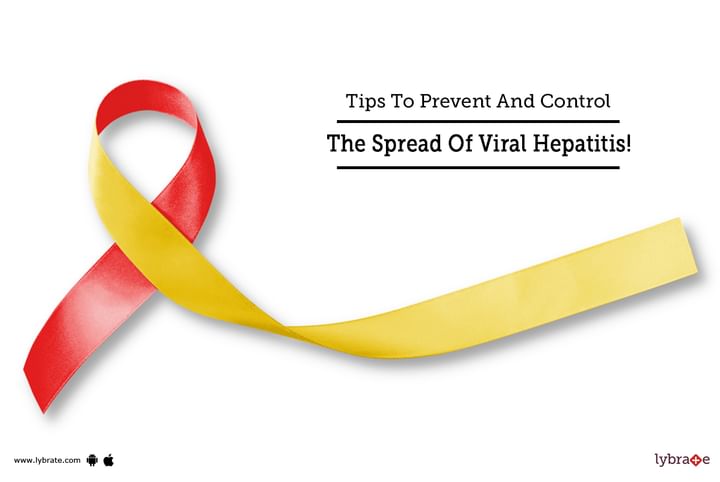Tips To Prevent And Control The Spread Of Viral Hepatitis!
Viral hepatitis is a leading cause of deaths and disability across the globe. A growing public health concern, the disease affects millions of people every year. An estimated 500 million are infected with chronic hepatitis B or hepatitis C. Each year, nearly 1 million succumb to the disease due to complications arising from hepatitis, including liver cancer. Many people are residing with the disease while several others are at an increased risk.
Most people with a history of HCV or HBV are unaware of the chronic infections and hence, are at risk of developing complications that are more serious and unknowingly spreading the infection to others. Some people living are more likely to contract viral hepatitis. This includes those residing in areas with lack of or poor sanitation services, unsafe drinking water etc. Type C and type B viral hepatitis are commonly observed in patients who have had blood transfusions and organ transplants, as well as those working in healthcare settings.
Considering the staggering figures, it has become extremely important to adopt certain measures to raise awareness among people, and encourage safe practice and good hygiene to avoid and check the transmission of hepatitis. The primary prevention strategies include –
-
Advocacy and increasing awareness of various types of viral hepatitis infections to control community transmission
-
Make vaccines available to all in order to encourage the prevention of HBV and HAV infections
-
Application of blood safety strategies – the supply of blood depending on voluntary blood donations, public education on donor selection, blood donation, and screening of donated blood, blood components used for transfusion
-
Precautions to limit the spread of infection in the community and healthcare setting to avoid viral hepatitis and related diseases
-
Safe injection practices to protect against HCV and HBV transmission
-
Practice safe sex by limiting the number of sexual partners to one, using contraceptives to ward off infection transmission
-
Use of clean, needle and syringes to administer drugs intravenously
-
Adoption of certain occupational safety measures to avoid transmission among healthcare workers
-
Use and distribution of safe drinking water and food to prevent HEV and HAV infections
Secondary prevention strategy includes early diagnosis of the disease. It offers the best scope for effective medical intervention and prevention of further transmission. Early screening and diagnosis also allow the patient to adopt precautionary measures to improve immunity, specifically by abstaining from tobacco, alcohol and certain drugs, as well as control the spread of the disease to others.
Although viral hepatitis is curable, access to treatment remains an issue in many parts of the world. Much needs to be done guarantee availability of and access to low-cost, reliable diagnostics and effective, safe treatment regimens, particularly in those regions of the world that are resource-constrained.



+1.svg)
